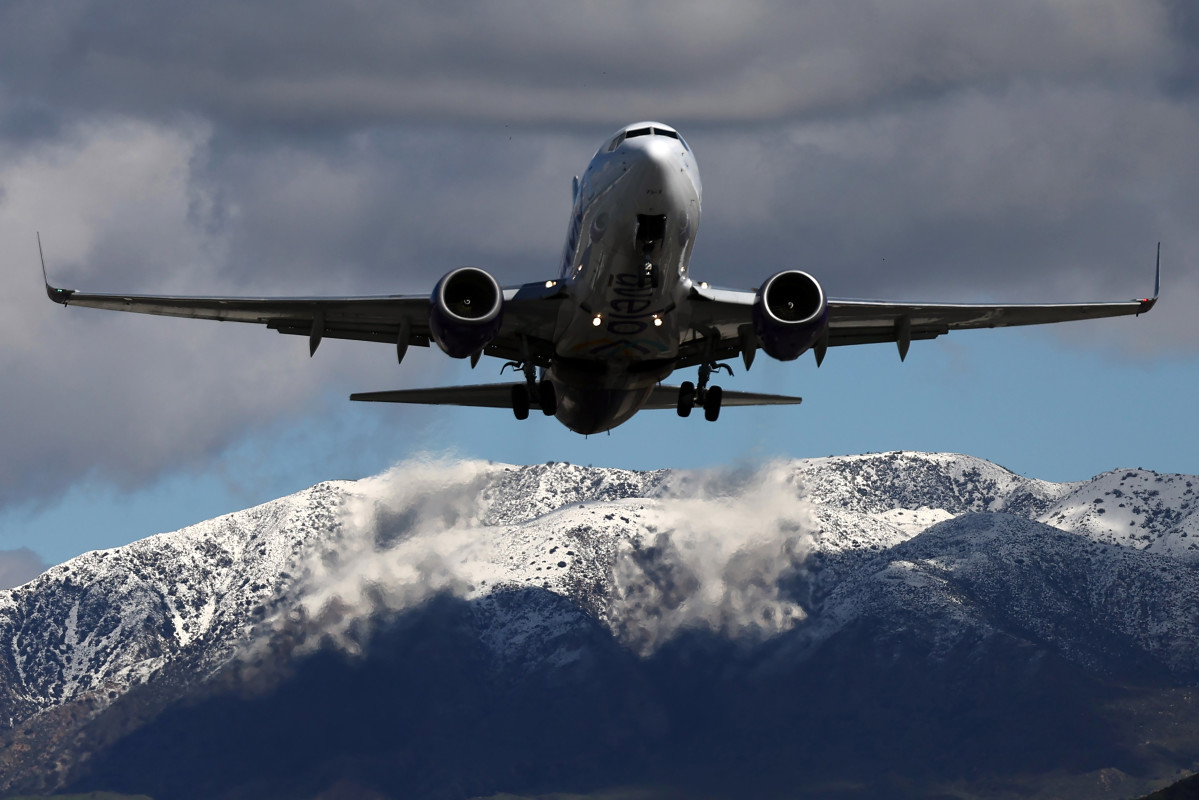
It looks like leaves won't be the only thing to come tumbling down this fall.
Haley Berg, an economist at the travel app Hopper, said airfares will soon be losing altitude as well.
Berg told ABC News that domestic airfare for autumn is down 29% from the summer.
"That's about $87 per ticket less expensive than trips taken in June, July, August -- the peak summer months," she said.
Berg believes the ideal time to book holiday travel at the best price is just weeks away.
“You should be monitoring the price of your holiday travel now and expect to book in the next 4 to 6 weeks,” she said. "You want to book both your Christmas and Thanksgiving travel by mid-October but expect that prices will be the lowest between about Sept. 15 and Oct. 15.”
If the end of the year is still too pricey, Berg said she expects the beginning of next year to be even cheaper.
“If you have one of those tighter budgets, you're thinking about travel, book something now or keep January in mind,” she said. “January is absolutely the cheapest month of the year to take a trip.”
'Planes are full...'
The ticket cost nosedive is due in part due to seasonal price changes, as well as an international travel boom.
"This is first full summer where folks could head to Europe, Asia with no visa requirements that are abnormal, no covid-related testing requirements," she said. "So many travelers who had been staying domestic last year and in the years prior now had new options to go international."
Last month, the International Air Transport Association said that the post-covid recovery momentum continued in June for passenger markets.
“Planes are full which is good news for airlines, local economies, and travel and tourism dependent jobs,” Willie Walsh, the association's director general, said in an Aug. 8 statement. “All benefit from the industry’s ongoing recovery.”
Flight cancellations are also subsiding nationwide.
Over the summer, airlines reported canceled flights were below 2%, an improvement from last summer, when almost 2.5% of all scheduled services were canceled between June 1 and Aug. 31, USA Today reported last November, citing Department of Transportation data.
Over 413,000 flights, or 22.5%, were delayed by 15 minutes or more in that same period.
Meanwhile, there are those pesky oil prices, which are going up and giving some of the biggest carriers a serious case of airborne agita.
Southwest Airlines (LUV) -), United Airlines (UAL) -), and Alaska Air Group (ALK) -) warned of higher fuel costs in the current quarter as crude oil prices rose for a third straight month in August, amid signs of tightening supply, Reuters reported on Sept. 6.
Oil prices rising
In a regulatory filing, United said jet fuel prices have climbed over 20% since mid-July.
Southwest, the largest U.S. domestic carrier, said August bookings were at the lower end of its expectations, in part due to seasonal trends, but maintained that overall leisure demand and yields remain healthy.
The forecast comes as early signs emerge of domestic travel demand weakening, with inflationary pressures hurting consumers even as carriers hand out costly contracts to retain workers.
U.S. airlines do not generally hedge against fuel costs, making them vulnerable to price swings.
"I think the airlines are an interesting story because they've had pricing power all along as people have begun to reengage with services and kind of put goods off to the side," David Lebovitz, global market strategist at JPMorgan Asset Management told Bloomberg. "The airlines have said that 'we've been able to raise prices that people are willing to pay.'"
"I don't know why you would change that in this type of environment," he added, "So I think that they're going to continue to raise prices in an effort to defend their margins but that's going to create an inflation problem."
At some point, Lebovitz said, "the consumer is going to need to make that decision: Do they go on the extra trip or do they hunker down and begin to prepare for a more challenging growth environment?"







